Filter by
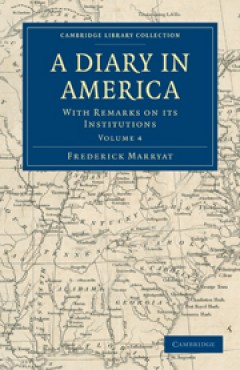
A Diary in America With Remarks on its Institutions
Captain Frederick Marryat (1792–1848) was a distinguished naval officer, today best remembered as a novelist (particularly of stories for children), often drawing on his own experiences. He also edited a radical journal, and wrote non-fiction, including an attack on press-gangs, which damaged his career. He spent 1837 and 1838 travelling in North America, publishing his impressions in this un…
- Edition
- -
- ISBN/ISSN
- 9781139058728
- Collation
- -
- Series Title
- Cambridge Library Collection - North American History
- Call Number
- -
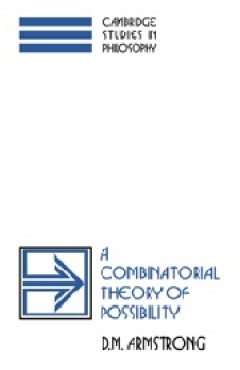
A Combinatorial Theory of Possibility
David Armstrong's book is a contribution to the philosophical discussion about possible worlds. Taking Wittgenstein's Tractatus as his point of departure, Professor Armstrong argues that nonactual possibilities and possible worlds are recombinations of actually existing elements, and as such are useful fictions. There is an extended criticism of the alternative-possible-worlds approach champion…
- Edition
- -
- ISBN/ISSN
- 9781139172226
- Collation
- -
- Series Title
- -
- Call Number
- -
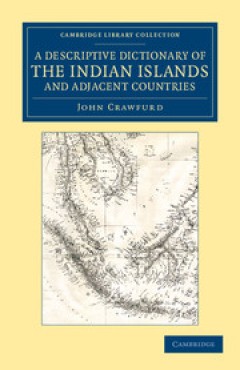
A Descriptive Dictionary of the Indian Islands and Adjacent Countries
Orientalist and colonial administrator John Crawfurd (1783–1868) published this work in 1856. He went to Calcutta as an assistant surgeon in the East India Company, then moved into administration, accompanying political missions to Java, Bali and Celebes, and heading missions to Siam, Vietnam and Burma. Retiring to England in 1828, Crawfurd became a Fellow of the Royal Society and President o…
- Edition
- -
- ISBN/ISSN
- 9781139199070
- Collation
- -
- Series Title
- Cambridge Library Collection - Travel and Exploration in Asia
- Call Number
- -
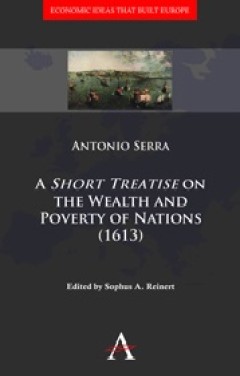
A 'Short Treatise' on the Wealth and Poverty of Nations (1613)
A Short Treatise on the Wealth and Poverty of Nations presents, for the first time, an English translation of Antonio Serras Breve Trattato (1613), one of the most famous tracts in the history of political economy.
- Edition
- -
- ISBN/ISSN
- 9781843317708
- Collation
- -
- Series Title
- -
- Call Number
- -
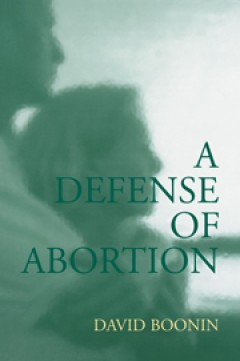
A Defense of Abortion
David Boonin has written the most thorough and detailed case for the moral permissibility of abortion yet published. Critically examining a wide range of arguments that attempt to prove that every human fetus has a right to life, he shows that each of these arguments fails on its own terms. He then explains how even if the fetus does have a right to life, abortion can still be shown to be moral…
- Edition
- -
- ISBN/ISSN
- 9780511610172
- Collation
- -
- Series Title
- Cambridge Studies in Philosophy and Public Policy
- Call Number
- -
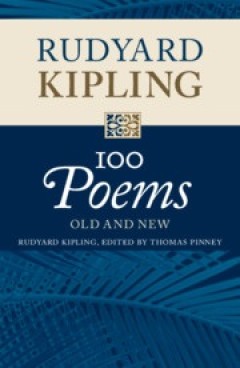
100 Poems: Old and New
Rudyard Kipling (1865–1936), winner of the 1907 Nobel Prize for Literature and author of one of the most popular poems in the English language, 'If–', has long captured the interest of poetry lovers. Here, Thomas Pinney brings together a selection of well-established favourites and the best of the previously uncollected and unpublished poems from The Cambridge Edition of the Poems of Rudyar…
- Edition
- -
- ISBN/ISSN
- 9781107279513
- Collation
- -
- Series Title
- -
- Call Number
- -
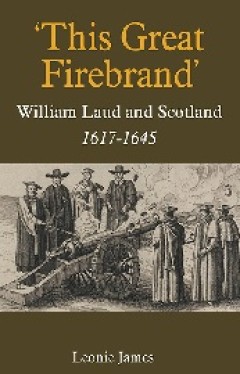
This Great Firebrand': William Laud and Scotland, 1617-1645
William Laud, Archbishop of Canterbury (1633-45), remains one of the most controversial figures in British ecclesiastical and political history. His rise to prominence under Charles I, his contribution to the shaping and implementation of contentious religious policies and his subsequent and catastrophic downfall are fundamental to our understanding of the religious and political developments w…
- Edition
- -
- ISBN/ISSN
- 9781787440326
- Collation
- -
- Series Title
- -
- Call Number
- -
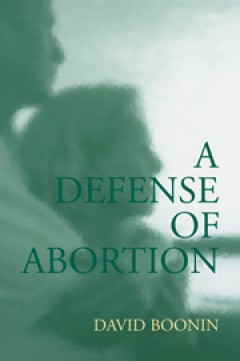
A Defense of Abortion
David Boonin has written the most thorough and detailed case for the moral permissibility of abortion yet published. Critically examining a wide range of arguments that attempt to prove that every human fetus has a right to life, he shows that each of these arguments fails on its own terms. He then explains how even if the fetus does have a right to life, abortion can still be shown to be moral…
- Edition
- -
- ISBN/ISSN
- 9780511610172
- Collation
- -
- Series Title
- Cambridge Studies in Philosophy and Public Policy
- Call Number
- -
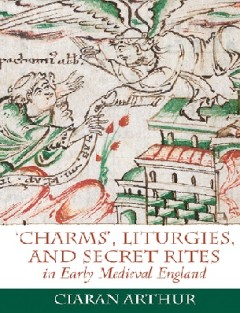
'Charms', Liturgies, and Secret Rites in Early Medieval England
Since its inception in the nineteenth century, the genre of Anglo-Saxon charms has drawn the attention of many scholars and appealed to enthusiasts of magic, paganism, and popular religion. Their Christian nature has been widely acknowledged in recent years, but their position within mainstream liturgical traditions has not yet been fully recognised. In this book, Ciaran Arthur undertakes a wid…
- Edition
- -
- ISBN/ISSN
- 9781787442887
- Collation
- -
- Series Title
- -
- Call Number
- -
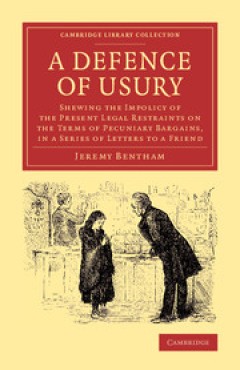
A Defence of Usury
The utilitarian philosopher and jurist Jeremy Bentham (1748–1832) argues in this collection of letters for the cessation of government control of the rate of interest. The work first appeared in 1787 and is reissued here in the version published in Dublin in 1788. The final letter, addressed to Adam Smith, is a response to Smith's Wealth of Nations (1776), arguing against the limits to invent…
- Edition
- -
- ISBN/ISSN
- 9781107358447
- Collation
- -
- Series Title
- -
- Call Number
- -
 Computer Science, Information & General Works
Computer Science, Information & General Works  Philosophy & Psychology
Philosophy & Psychology  Religion
Religion  Social Sciences
Social Sciences  Language
Language  Pure Science
Pure Science  Applied Sciences
Applied Sciences  Art & Recreation
Art & Recreation  Literature
Literature  History & Geography
History & Geography